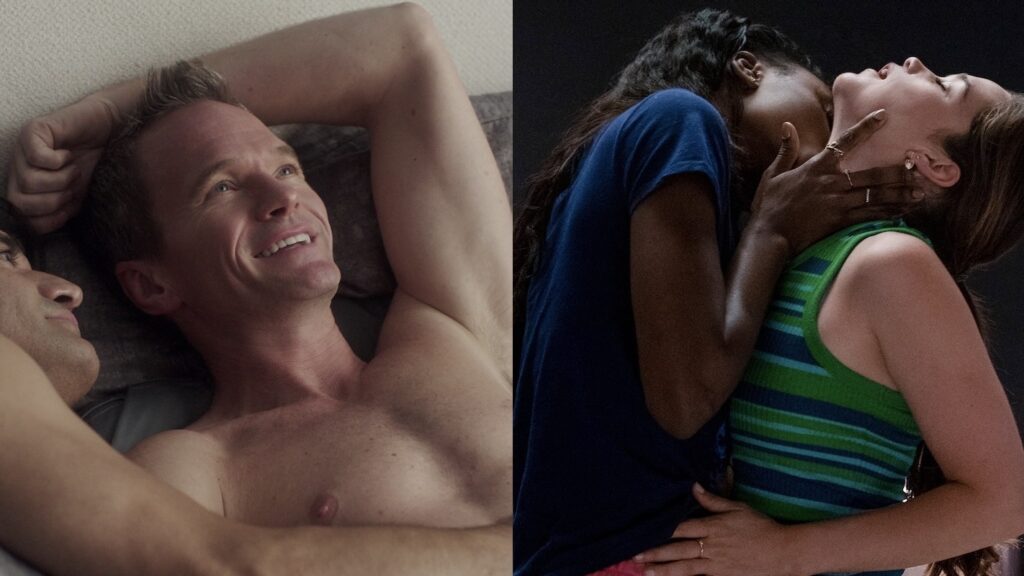LGBTQ show cancellations are damaging representation says GLAAD
"The power of inclusive storytelling is more crucial than ever," writes the LGBTQ media organisation.

If you’ve felt like a lot of LGBTQ shows were cancelled last year, a new GLAAD report confirms your suspicions.
GLAAD’s ‘Where We Are on TV’ 2022-2023 report, published Tuesday (21 March), paints a rather disheartening picture of LGBTQ inclusion in TV.
Over the period between 1 June 2022 and 31 May 2023, a total of 596 LGBTQ characters were featured on scripted TV.
However, 29% of these characters won’t be returning, the majority as a result of show cancellations. That’s nearly a third of LGBTQ characters no longer appearing on our screens.
The report highlights this alarming trend, spotlighting that cancellations deprive viewers of inclusive and diverse work.
The list of cancelled shows is extensive, including Uncoupled, First Kill, The Wilds, Q-Force, 1899, The Bastard Son and the Devil Himself.
GLAAD found that there have already been 54 LGBTQ-inclusive series cancellations. This eliminates 140 LGBTQ+ characters, 24% of all characters GLAAD counted.
“Many of the series getting cut are LGBTQ inclusive programs,” GLAAD writes in their report, “leaving a large demographic of viewers constantly searching for new programs only for them to ultimately be [cancelled] before a satisfying conclusion.”
In the report’s LGBTQ character breakdowns, 5.4% of all LGBTQ characters are transgender.
Additionally, half of all LGBTQ characters across platforms were people of colour.
“The power of inclusive storytelling is more crucial than ever.”
Among the report’s other conclusions, GLAAD found 10.6% of TV characters are LGBTQ. This is a decrease of 1.3% from last year.
On streaming services, there is also a decrease in LGBTQ characters from last year, from 117 to 115 characters.
Sarah Kate Ellis, CEO of GLAAD, described these declining rates of LGBTQ representation as “disappointing.”
“It’s clear that when a service fully invests in its LGBTQ shows, this programming rises above a crowded media landscape and is successful with both critics and audiences.”
Ellis noted: “The power of narrative change and inclusive storytelling is more crucial than ever at this moment.”
